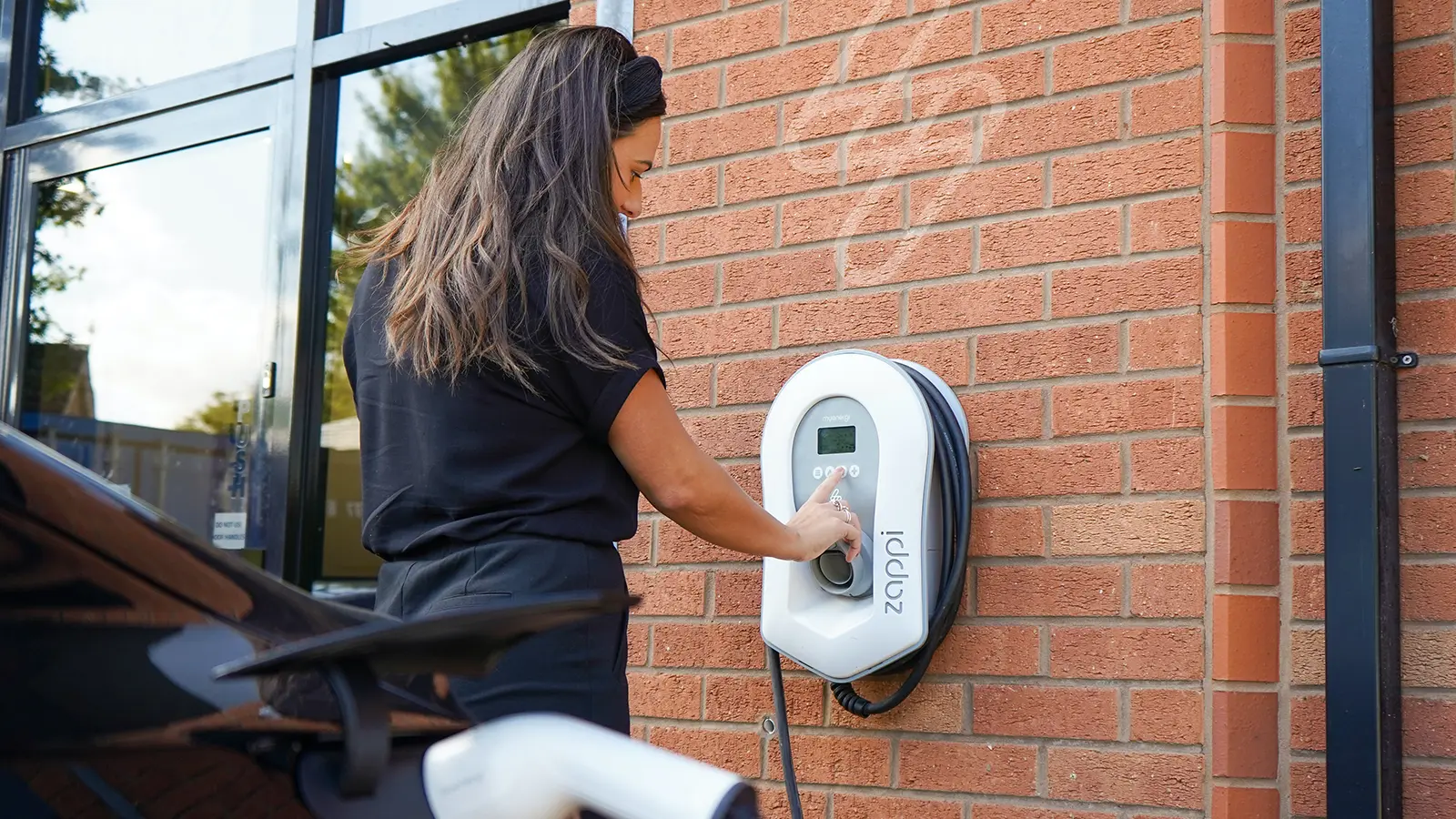Ranking Customer Satisfaction for Electric Cars
For decades, J.D. Power, a research firm specializing in consumer behavior, has been tracking customer satisfaction in the automotive industry. Their initial quality survey, vehicle dependability study, and “APEAL” study are often referenced by car manufacturers as benchmarks – and industry executives’ bonuses often ride on achieving J.D. Power scores. The company surveys thousands of vehicle owners 90 days, a year, and three years after purchase to gauge their overall satisfaction with not just their vehicles, but in time, also their ownership experience, taking into account not just “what went wrong” with vehicles, but “what went right” in the overall customer experience.
With the swift rise of electric vehicles as a force in the market, J.D. Power introduced a specialized set of research studies not just to gauge customers’ experiences with their vehicles, but also how those experiences compare with gasoline vehicles. Together with PlugShare, an American app maker and research firm, the Electric Vehicle Experience (EVX) ownership study polled over 8,000 owners of 2016-2022 model-year electric and plug-in hybrid vehicles, and was fielded between October and November 2021.
Like J.D. Power’s conventional ownership studies, the EVX ownership index score measures owner satisfaction in both premium and mass market segments. It looked at accuracy of stated battery range; availability of public charging stations; battery range; cost of ownership; driving enjoyment; ease of charging at home; interior and exterior styling; safety and technology features; service experience; and vehicle quality and reliability.
On the survey’s 1,000 point scale, the highest-scoring vehicle in the premium segment was the Tesla Model 3 with a score of 777, and the best-performing mass-market vehicle was the Kia Niro EV, with a score of 744. Runners-up were the Tesla Model Y and the Ford Mustang Mach-E.

What Makes for a Great Experience?
Looking beyond the scores of individual vehicles, it’s interesting to see what factors most directly affect customer satisfaction. In short, it comes down to range, charging, incentives, and the after-sales experience.
As EV batteries and driving ranges continue to improve, BEV owners cite this aspect of ownership as the top purchase reason in both the premium and mass market segments, 86% and 87%, respectively. The better the range of the vehicle, the higher the customer satisfaction. For drivers converting from gasoline, sufficient range to not affect regular driving habits improved scores in both the premium and mass market segments; EV owners don’t want to have to change their habits to drive emissions-free.
Home charging is also a significant part of the ownership experience – 88% of owners say they charge their vehicle at home “often” or “always.” Overall charging satisfaction is highest with owners who install a level 2 permanently mounted charging station (749); closely followed by those who use a portable level 2 charger (741). Charging using a slower level 1 charger notably decreases satisfaction (574). For the best experience, install a permanent home charging station. Those charging stations were not without problems, though – owners reported issues with permanent chargers needing repair, wi-fi issues, and more, which reduced overall satisfaction.
When federal, regional, and local incentives are clear and easy to get, they can improve overall satisfaction. More than two-thirds of electric vehicle owners received a purchase incentive, and satisfaction is highest with owners who said those incentives were very easy to get. 79% of owners received a federal rebate, but only 59% said that rebate was easy to receive. The GreenCars incentive tool can help you easily research what incentives are available for the EV you are considering in your local area.
Furthermore, EV owners are often eligible for offerings from utilities for lower rates during certain hours, EV-only rate plans, and incentives for installing that level 2 permanent home charger. Customer satisfaction increased 76 points where four or more programs were used instead of just one – but only 21% of owners said they were able to find multiple savings options. Do your research beforehand to maximize your savings, and your experience.

Electric Drivers Won't Go Back to Gas
While customer satisfaction with an electric vehicle is a more complex equation than a gasoline vehicle – which comes mostly from the emotional appeal of the vehicle combined with its reliability – the EVX study also showed that once drivers went electric, they were unlikely to go back.
The scores for first-time BEV owners were high, especially in the areas of service experience (+48), driving enjoyment (+15), and styling (+8) compared to those already on their second electric car, suggesting lasting appeal. BEV veterans’ overall ownership satisfaction actually exceeds 900 points – and 96% say that they will purchase another EV in the future, with over 60% saying they will definitely repurchase from the same brand. Even BEV owners whose overall satisfaction score was below 600 showed a massive preference towards an EV as their next vehicle.
Which, for anyone who has experienced the swift, silent running of an electric car as well as its lower running and maintenance costs, should not come as a surprise. GreenCars’ comparison grid can help you find just the right EV for your lifestyle.













